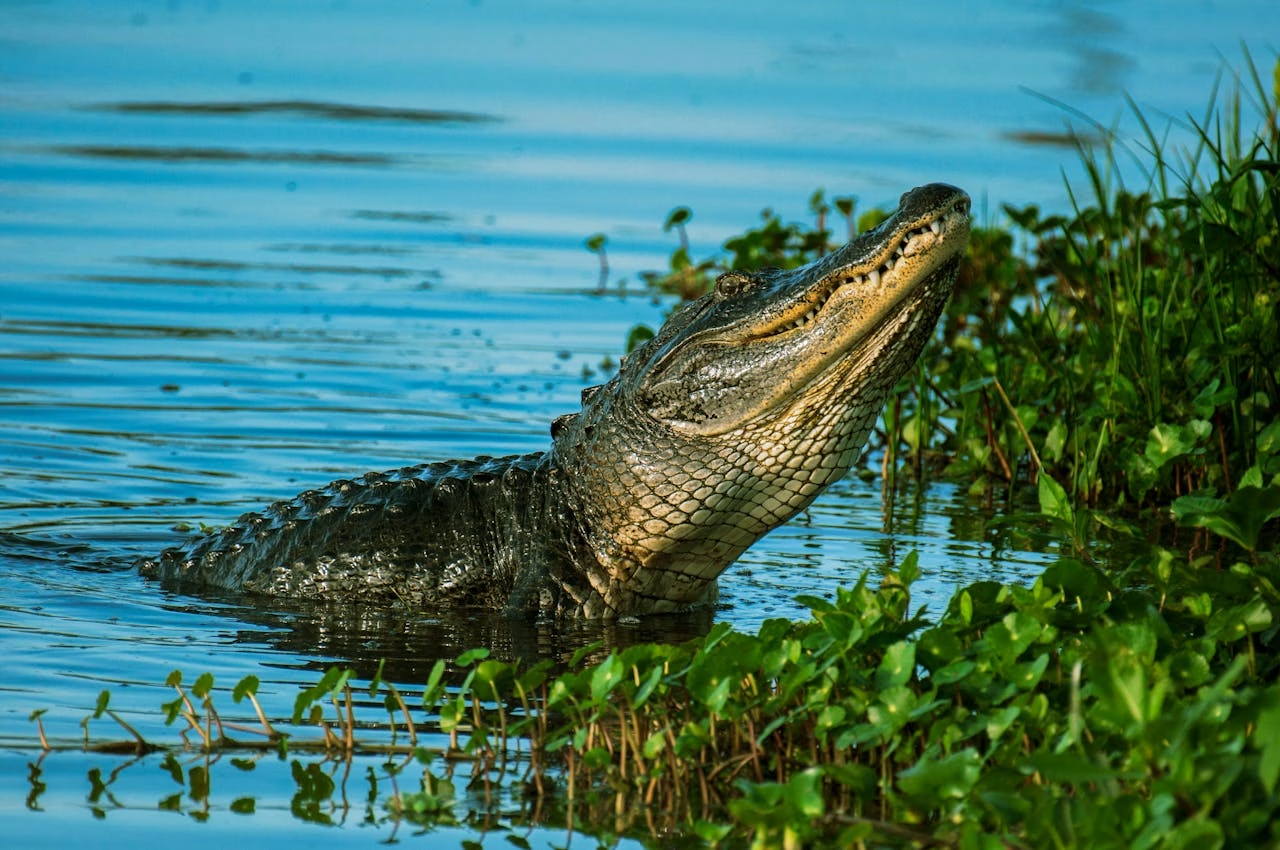In Odisha, India, on October 6, 2025, a 57-year-old woman named Soudamini Mahala was bathing in the Kharasrota River when tragedy struck. A crocodile lunged from the water, dragged her into the river’s current, and took her away before bystanders could intervene.
Villagers tried to chase the reptile and rescue her, but their efforts failed. The next day, the woman’s half-eaten remains were found by forest department officials. An autopsy was ordered, and authorities have launched an investigation. (Source: The Times of India)
Why These Attacks Happen
- Crocodiles are ambush predators. They often lurk just beneath the surface and can strike suddenly when prey (or humans) enter their territory.
- Riverbanks and shallow water areas are high risk. These zones are natural hunting grounds for crocodiles, especially at dusk or dawn.
- Human use of river water for daily tasks like bathing, laundry, or fetching water increases exposure in crocodile habitat.
- Loss of natural habitat and prey may push crocodiles closer to human settlements, increasing conflict.
Global Context & Frequency
Crocodile attacks, while rare compared to many natural dangers, do occur each year around the world. Many incidents happen in parts of Africa, Southeast Asia, Australia, and India, regions where people and crocodiles coexist in shared waterways.
For example, in Rajasthan, India, in September 2025, a teenage girl was dragged into water by a crocodile and later found dead
What Communities & Authorities Can Do
- Warning systems and signage at high-risk riverbanks to alert locals and visitors.
- Barrier installation or restricted access zones where crocodile presence is known.
- Education and awareness programs teaching people about attack risk, safe times to use water bodies, and what to do in a crocodile encounter.
- Rapid rescue teams and protocols to respond immediately when an attack occurs.
- Habitat management to maintain distance between human activity and crocodile nesting or hunting zones.
The Wild’s Dark Side
This tragic case is a harsh reminder that wild animals are not just symbols or stories—they have instincts, territories, and survival needs. While humans may see rivers as places for life, for crocodiles they may be home, hunting grounds, and the stage for their most dangerous behaviors.
We believe such stories should be more than shock, they should inspire respect, awareness, and safer coexistence.
Related:


